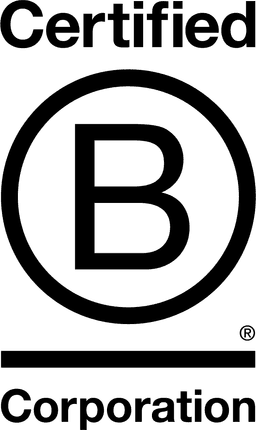

Courtney Agencies

British Columbia, Canada
August 2022
Other professional, scientific & tech
Service with Minor Environmental Footprint
Canada,
United States
Established in 1955, family-owned Courtney Agencies is a full-service licensed Customs Brokerage and International Freight Forwarding company. We are known for providing high quality, high touch services critical to businesses that move product and particularly across borders. We recently acquired a US-based Customs Brokerage, PMK International, giving us the same high level of expertise on both sides of the Canada-US border. With the reach of a global firm, we work on behalf Canadian and American companies, as well as non-resident importers, to clear goods through all ports of entry and by all modes of transportation – ocean, air, road or rail. Courtney has been offsetting its operational carbon for a number of years and now includes emissions from all freight trips arranged by us. Offsets are good, but we know that the point is emission reduction. We are bringing focus to all the ways we can create options for greener trips. We look forward to working with like-minded companies who want to access foreign markets in the most sustainable way possible.
Overall B Impact Score
Governance 15.5
Governance evaluates a company's overall mission, engagement around its social/environmental impact, ethics, and transparency. This section also evaluates the ability of a company to protect their mission and formally consider stakeholders in decision making through their corporate structure (e.g. benefit corporation) or corporate governing documents.
What is this? A company with an Impact Business Model is intentionally designed to create a specific positive outcome for one of its stakeholders - such as workers, community, environment, or customers.
Workers 33.6
Workers evaluates a company’s contributions to its employees’ financial security, health & safety, wellness, career development, and engagement & satisfaction. In addition, this section recognizes business models designed to benefit workers, such as companies that are at least 40% owned by non-executive employees and those that have workforce development programs to support individuals with barriers to employment.
Community 24.9
Community evaluates a company’s engagement with and impact on the communities in which it operates, hires from, and sources from. Topics include diversity, equity & inclusion, economic impact, civic engagement, charitable giving, and supply chain management. In addition, this section recognizes business models that are designed to address specific community-oriented problems, such as poverty alleviation through fair trade sourcing or distribution via microenterprises, producer cooperative models, locally focused economic development, and formal charitable giving commitments.
Environment 15.5
Environment evaluates a company’s overall environmental management practices as well as its impact on the air, climate, water, land, and biodiversity. This includes the direct impact of a company’s operations and, when applicable its supply chain and distribution channels. This section also recognizes companies with environmentally innovative production processes and those that sell products or services that have a positive environmental impact. Some examples might include products and services that create renewable energy, reduce consumption or waste, conserve land or wildlife, provide less toxic alternatives to the market, or educate people about environmental problems.
Customers 3.0
Customers evaluates a company’s stewardship of its customers through the quality of its products and services, ethical marketing, data privacy and security, and feedback channels. In addition, this section recognizes products or services that are designed to address a particular social problem for or through its customers, such as health or educational products, arts & media products, serving underserved customers/clients, and services that improve the social impact of other businesses or organizations.